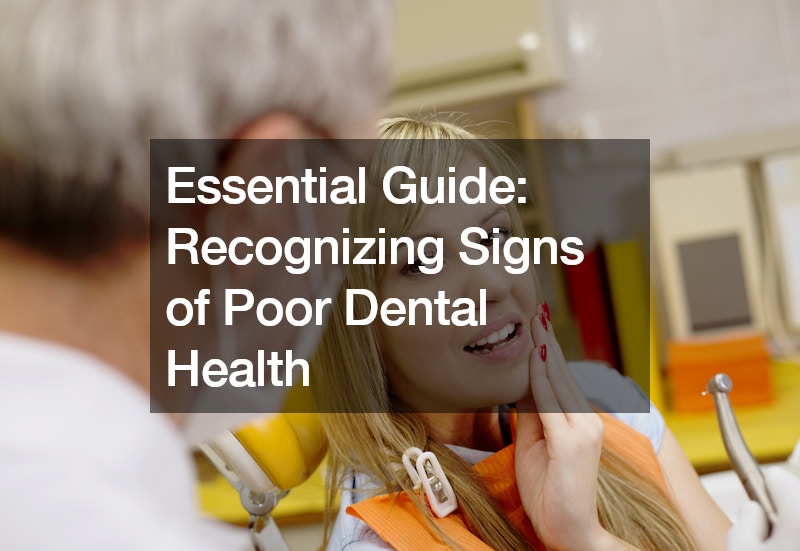A healthy smile goes beyond aesthetics. It’s a window to your overall well-being. While regular dental checkups are crucial, understanding the signs of potential problems can empower you to take action. Here are five key indicators that your pearly whites might be in distress:
- Bleeding Gums: Healthy gums shouldn’t bleed when brushing or flossing. Persistent bleeding could be a sign of gingivitis, an early stage of gum disease that’s reversible with proper care.
Try brushing and flossing meticulously for ten days straight. If the bleeding persists, schedule a dentist visit for a professional cleaning and evaluation.
- Chronic Bad Breath: Bad breath, also known as halitosis, can be caused by various factors. While neglecting tongue scraping is a common culprit, persistent bad breath could also signal gum disease, dry mouth, cavities, or even underlying health issues. Start by incorporating daily tongue scraping into your routine. If bad breath lingers, consult your dentist to rule out any dental causes. If necessary, they can guide you towards seeking further medical evaluation.
- Tooth Sensitivity: Experiencing discomfort when indulging in cold or hot beverages might indicate tooth decay, worn enamel, or receding gums. While sensitivity toothpaste can offer temporary relief, it’s important to see a dentist for a proper diagnosis and treatment plan. Early intervention can prevent further damage and potential pain.
- Toothaches: Toothaches are never a good sign and shouldn’t be ignored. While cavities can cause pain, persistent toothaches often indicate a more serious issue like an infection or abscess. Don’t wait for the discomfort to worsen. Schedule a dental appointment immediately to address the problem and prevent further complications.
- Jaw Pain While Chewing: Pain or discomfort while chewing can point towards various dental issues. Clenching or grinding your teeth, a condition called bruxism, can cause jaw pain, cracked teeth, and even problems with existing dental work. If you experience jaw pain, especially upon waking up, or hear clicking or popping sounds in your jaw, consult your dentist. They can diagnose the underlying cause and recommend appropriate treatment, including a night guard to protect your teeth while you sleep.
Remember, early detection is key to maintaining good oral health. By recognizing these signs and scheduling regular dental checkups, you can ensure a healthy, happy smile for years to come.
.


